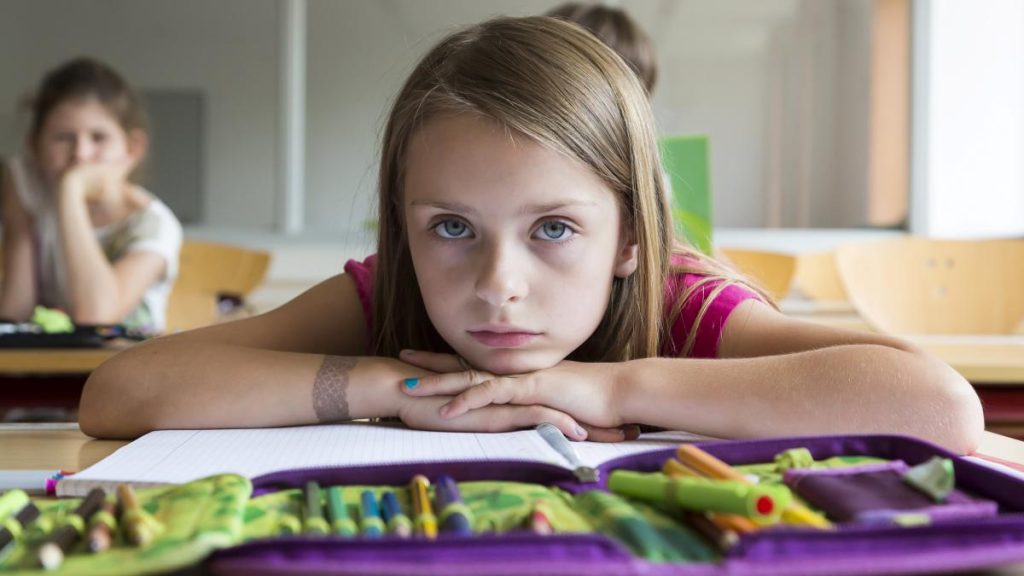A recent study conducted by the Ifo Institute in Munich has found that Berlin and Brandenburg, traditionally at the bottom of the performance rankings in education systems among German states, are now leading in terms of educational equality. The study, titled “Unequal Education Opportunities,” highlights that children from less privileged households in Berlin and Brandenburg have better chances of attending a gymnasium, or high school, compared to other states due to the longer period of shared learning in the six-year elementary school system. According to Ludger Wößmann, head of the Ifo Center for the Economics of Education, parental education and income are crucial factors influencing children’s educational opportunities in Germany, with varying degrees of impact across different states.
The study compares the likelihood of children from disadvantaged backgrounds attending a gymnasium with those from more favorable circumstances. Families where at least one parent has a high school diploma or who have a monthly household net income of over 5000 euros are considered to have a socioeconomically higher background. It was found that nationwide, 41.5% of children attend a gymnasium, with 59.8% from favorable backgrounds and only 26.7% from disadvantaged backgrounds. The researchers argue that Germany has struggled to ensure equal opportunities for all children, which could have implications for their future career paths as individuals with high school diplomas earn 42% more on average.
Drawing data from the microcensus of 2018 and 2019, the study focused on the transition to gymnasium as a criterion for measuring educational equality. The researchers found that children in Berlin, Brandenburg, and Rheinland-Pfalz with unfavorable family backgrounds are around half as likely to attend a gymnasium as those from more privileged backgrounds, indicating varying levels of equality across states. The study also examined factors such as the overall percentage of gymnasium students, children with immigrant backgrounds, and children from disadvantaged households, ultimately concluding that these factors do not significantly impact the disparities in educational opportunities.
Moreover, the study highlights that differences in educational opportunities cannot be solely attributed to genetic factors, as demonstrated by the success of other countries in achieving greater equality. Wößmann emphasized the importance of targeted interventions for disadvantaged children, including early language support, to improve educational outcomes. He also criticized the early tracking of children into different types of schools after elementary school, a practice common in Germany except in Berlin and Brandenburg, but more prevalent in countries like Sweden and Finland where division occurs later. Wößmann noted that discussions around educational equality in Germany are often highly ideological, and called for more nuanced approaches to address the issue.
In response to the study, Bavaria’s Minister of Education Anna Stolz criticized the narrow focus on gymnasium attendance as the sole measure of educational equality, emphasizing the need to support all students based on their individual abilities. Stolz argued that true educational equity involves fostering each student’s talents to the fullest extent, rather than solely focusing on gymnasium attendance rates. The findings of the Ifo Institute study shed light on the complex factors influencing educational opportunities in Germany and highlight the ongoing need for targeted interventions to ensure equal access to quality education for all children.


